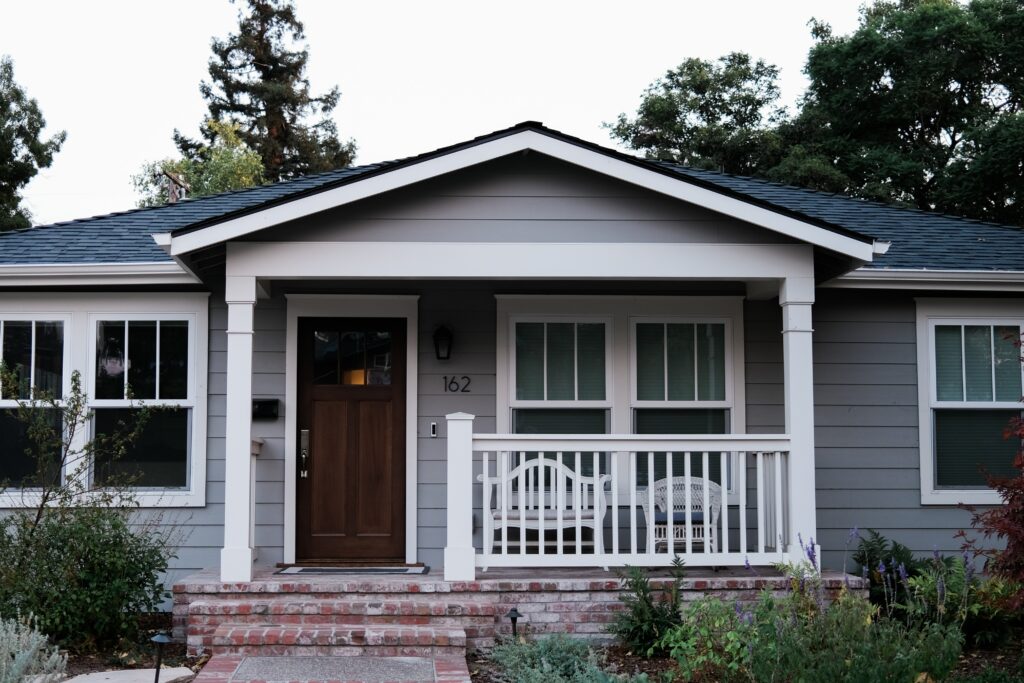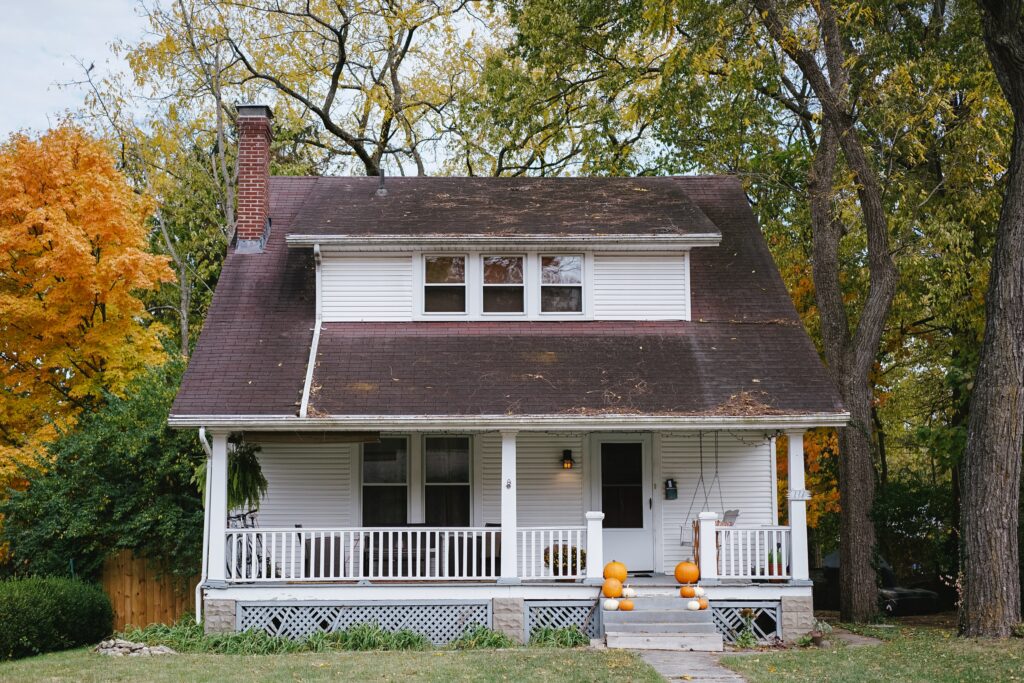Becoming a First-Time Home Owner
The rapidly rising cost of real estate has made becoming a first-time homeowner a pipe dream for the younger generations, but it doesn’t have to be! Of course, the perception of the younger generations is currently “We would if we could…” but becoming a first-time homeowner might just be easier than it originally seems.
If you take some steps to become financially stable, buying a home in your twenties and thirties can be a great investment, and easier than you might think! In this article, we’ll take a look at the different ways young people can prepare to become homeowners and get approved in the first place.
The obvious first step to becoming a first-time homeowner and qualifying for a mortgage in your twenties and thirties is to start saving! Of course, this might seem like a no-brainer, but all it takes is to cut down on your spending and live more frugally.

Once you narrow down your monthly income and contrast that against your spending habits, it will be easy to see where you can tighten your belt and put aside some money.
Of course, you’re not just going to chuck that money into your sock drawer and let it sit there — you’re going to make it work for you! Begin by contributing to your Registered Retirement Savings Plan (RRSP) on a regular basis so you can leverage that against your mortgage when the time comes.
Additionally, if you’ve recently gotten a raise, the “new money” that you are bringing in regularly shouldn’t just be spent — it should be moved over into your RRSP so it’s as though you’re not MAKING more money, instead, you’re saving more money. An RRSP is a great tool for first-time homebuyers and is a great step along the path to becoming a first-time homeowner.

Of course, as with any large purchase in life, you are going to want to do your homework and know what the market looks like, and what you might qualify for. Additionally, you’re going to want to do a personal audit of your finances so you know what the maximum your monthly fees can amount to. You’ll want to consider ALL fees involved, and make sure you have a cushion for the extras.
When digging into the numbers, be sure you know how much homes cost, what you can afford, look into condo fees or homeowner fees, think about renovations, educate yourself about mortgages, and get pre-approved.
If you don’t get preapproved for the amount you had hoped for, consider purchasing a condo or more modest home for your first home investment. Additionally, it’s important to not rush into anything too quickly! A bargain might come along that ticks most of the boxes you have, but is a bit of a fixer-upper.
Don’t be afraid to invest in a home such as this, as long as you make sure you aren’t walking into a poor investment. You’ll need to get the home inspected, and having a contractor quote you on the things you would like to renovate will help you make a final decision.
An alternative to settling for something less than what you want would be to get a co-signer or leveraging a buying partner. Many young people will need assistance to purchase their first home, and there is no shame in doing so! The market is quite inflated, and having a parent co-sign could help you get approved for the home you’ve fallen in love with.

All of this might seem like a lot, but becoming a first-time homeowner is a very rewarding experience when done right! If you follow all of the steps we have outlined to help you prepare, you’ll find that most of the work is done and purchasing your first home was a breeze!






